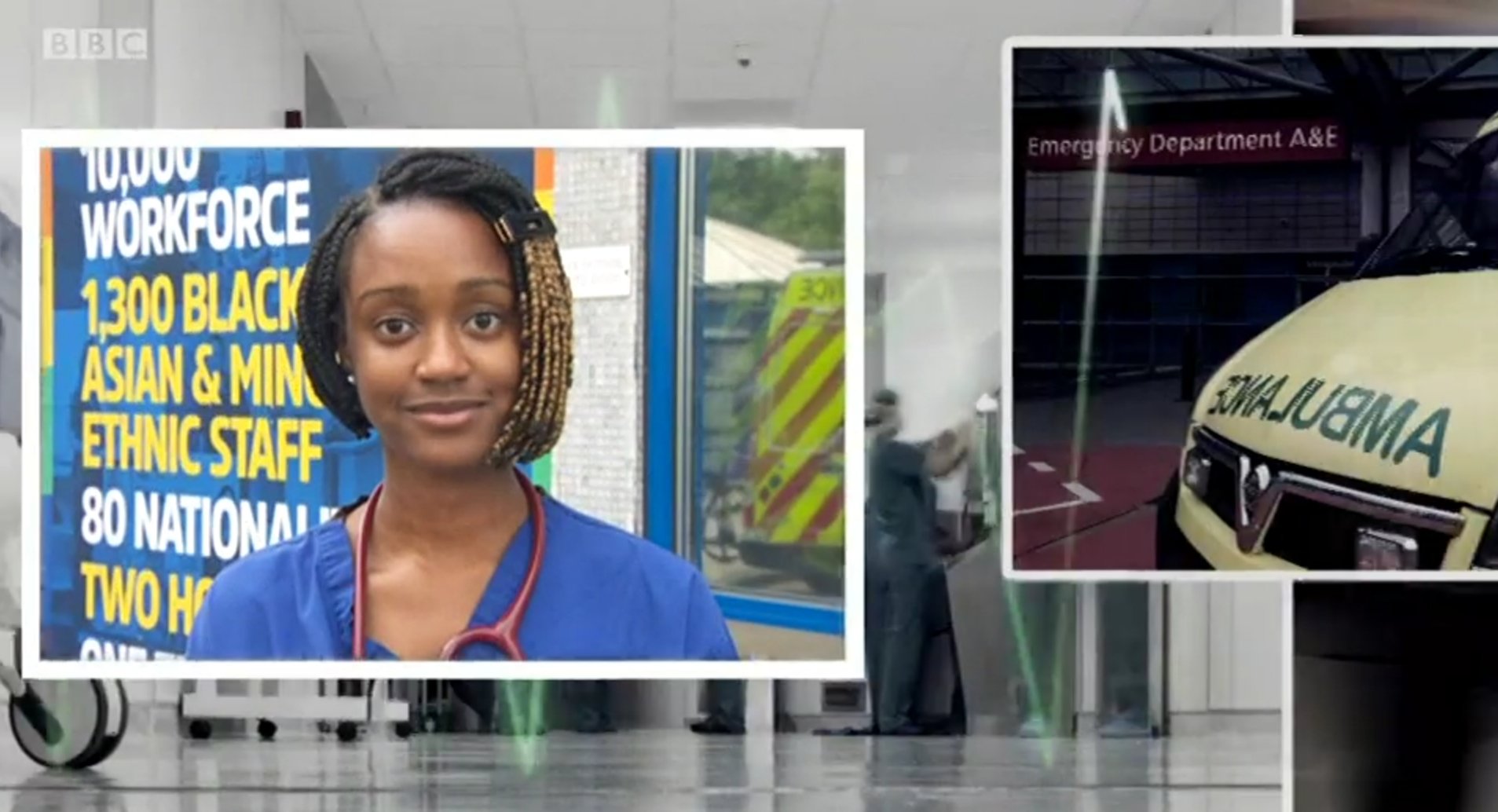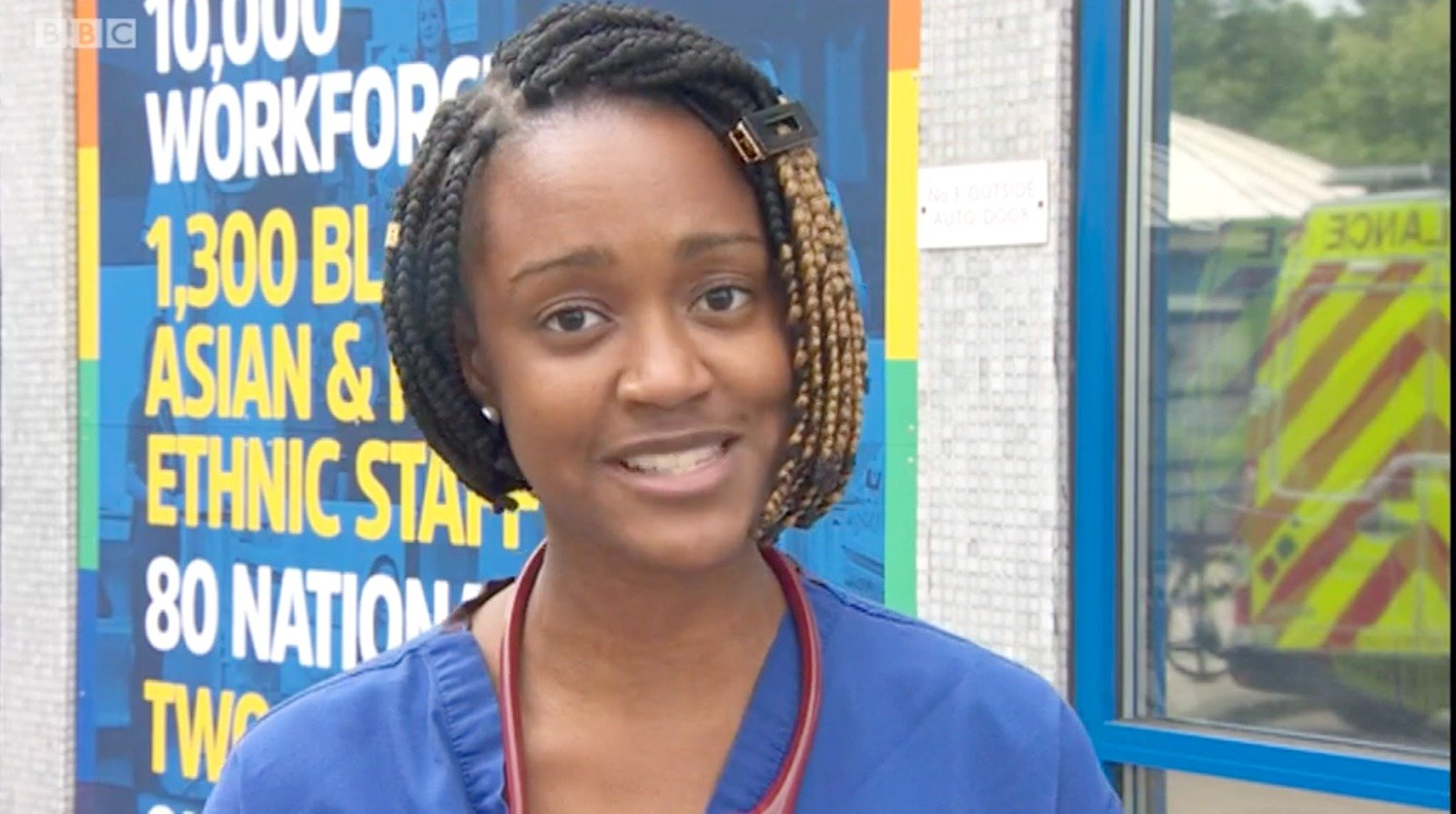This is a question I’ve been getting a lot since I started my new job, so I thought it was time I explained exactly what I do on my non-clinical days.
I’m working as a Clinical Teaching Fellow this year, which means that I have one clinical day on the wards (AMU), two days a week teaching medical students, and the rest of my week is spent working for the Improvement Team of the hospital, which means I get to work from home.
So far I’m really enjoying the #WFH life, as it’s been a welcome break after my hectic FY2 rotations. I’ve mentioned previously that my work for the Improvement Team involves creating teaching resources and working on projects focusing on equality, diversity and inclusion, but what does this actually mean on a day to day basis, you ask? Well, allow me to elaborate!
At the moment, I’m working on a quality improvement project aiming to increase awareness of FY1 doctors in the Trust of where and how to report racist incidents and microaggressions they experience at work – I definitely got (and still get) a lot of these, but I found speaking up about them really overwhelming as an FY1. Being new to working as a doctor, and also being new to the Trust was quite intimidating, and it was made tougher by not knowing where or who to turn to for help, so this is something I want to improve for current FY1s, to be hopefully rolled out to other groups of staff. My Trust is now doing more to support staff when it comes to these issues, so one of my goals this year is to make the whole reporting/escalating process a lot easier and more straightforward.
Part of my work for the Improvement Team involves being a representative for foundation year/junior doctors in various board meetings; trust me, A LOT of meetings happen at executive level in the running of NHS Trusts. It’s been quite eye-opening to be part of these meetings, as they influence the day-to-day lives of staff in the hospital, but there is usually minimal representation of junior doctors. So my job is to bridge the gap between management and junior doctors, and I’ve been giving input on the practical aspects of proposed changes from things like discharge planning and discharge letters, to induction packages and team restructures, so that’s been very cool.
As for the creating resources part of my role, I am currently in the process of conducting interviews with staff across the Trust who comes from under-represented backgrounds. The exhibition we put together last month is part of an ongoing project to improve the experiences of staff who are minorities in the Trust. So these interviews will be used for training of line managers and supervisors, to help them better understand how they can offer more support to their colleagues and employees.
All of this work is linked closely to my role within the medical school, as I’m helping to develop bystander training and communication skills, so the eventual goal is to have the work we do with the students transferred across to train staff at the hospital, which is all very exciting.
So yeah, just a bit of insight into what I do when I’m working from home – I feel so blessed to have been given a year out of training to do a role I feel so passionate about, and I’ll definitely be updating on what we get done as the year progresses 😀

